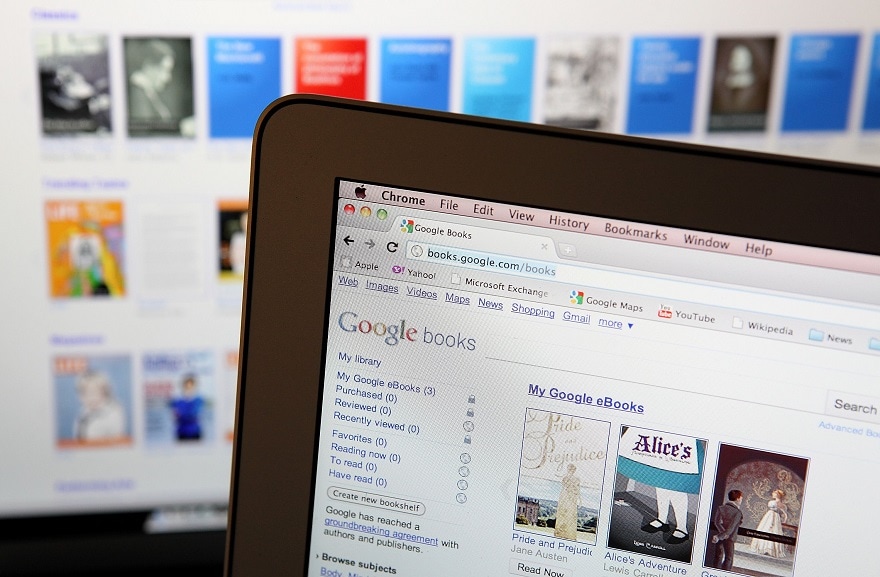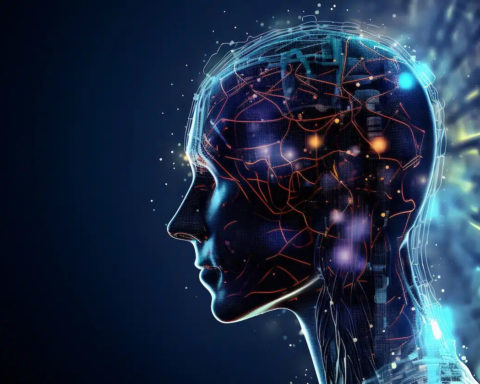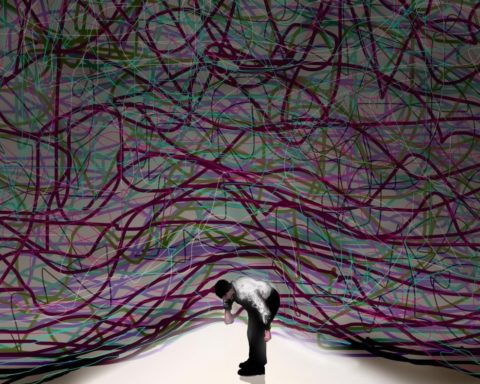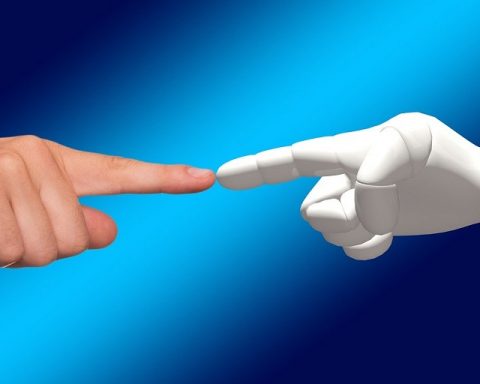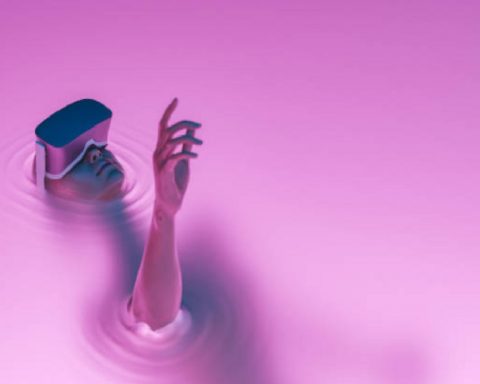How the Google Library works and its objectives
Legal Issues for Authors' Rights





Already registered? I'm connecting
Register and read three articles for free. Subscribe to our newsletter to keep up to date with the latest news.
→ Register for free to continue reading.

You have received 3 free articles to discover UP'.
